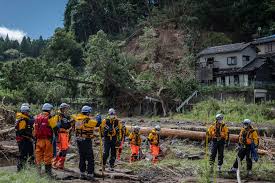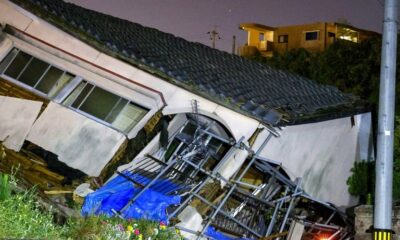News
Japan Faces Alarming Rise in Unattended Deaths Amid Aging Population
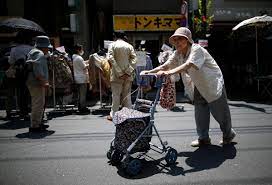
A recent report by Japan’s National Police Agency reveals a troubling statistic: nearly 40,000 people died alone in their homes during the first half of 2024. This stark figure sheds light on the growing issue of isolation among the country’s aging population.
Of these deaths, nearly 4,000 individuals were discovered more than a month after passing away, and in some heartbreaking cases, 130 bodies remained unnoticed for a year or longer. The report underscores the challenges Japan faces as it navigates its status as the world’s oldest population, according to the United Nations.
The data shows that 37,227 people living alone were found dead at home, with those aged 65 and over comprising more than 70% of this number. The largest group of the deceased belonged to those aged 85 and above, accounting for 7,498 bodies. The 75-79 age group followed closely with 5,920 deaths, while 70-74-year-olds accounted for 5,635.
The National Police Agency hopes this report will bring attention to the serious issue of elderly people living and dying alone. The findings will be presented to a government group dedicated to addressing unattended deaths.
Japan has long been grappling with the consequences of its aging and declining population. Earlier this year, the Japanese National Institute of Population and Social Security Research projected that the number of elderly citizens living alone could reach 10.8 million by 2050, with single-person households expected to rise to 23.3 million.
In response, the Japanese government introduced a bill in April to tackle the country’s long-standing loneliness and isolation issues, which are exacerbated by the aging population. Prime Minister Fumio Kishida has expressed grave concerns, warning that Japan is on the brink of societal dysfunction due to its declining birth rate.
This demographic crisis is not unique to Japan. Neighboring countries like China and South Korea are also facing similar challenges, with China experiencing its first population decline since 1961 in 2022 and South Korea reporting the lowest fertility rate in the world.
The report serves as a sobering reminder of the urgent need for policies and support systems to address the isolation and loneliness faced by Japan’s elderly population, as the country confronts the realities of its demographic shift.
News
Japanese Court Upholds Dissolution Order Against Unification Church
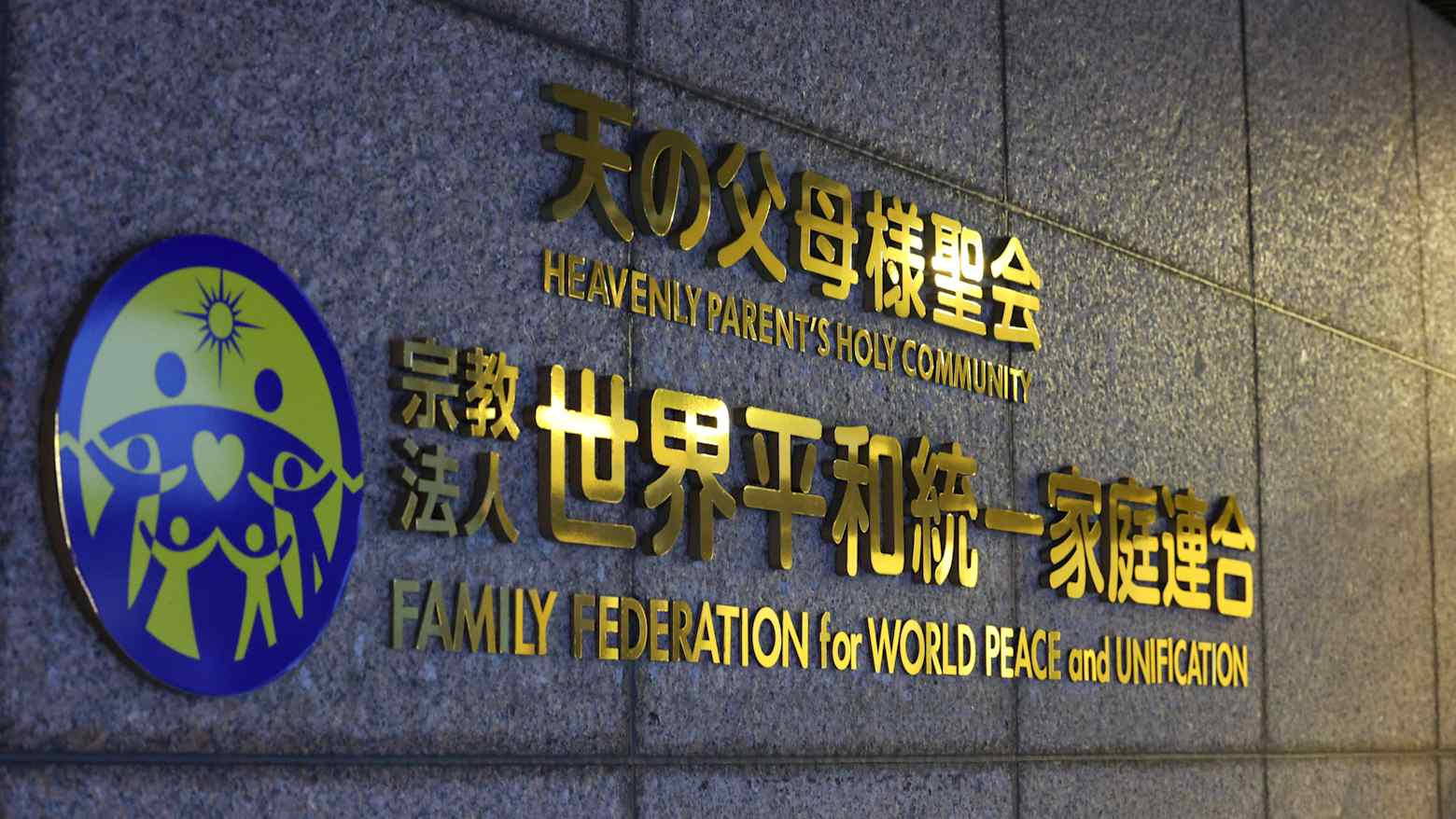
A Japanese appeals court has upheld an order to dissolve the controversial Unification Church, rejecting the group’s attempt to overturn a lower court ruling.
The Tokyo High Court on Wednesday denied the church’s appeal, affirming last year’s decision by the Tokyo District Court to disband the organisation following accusations that it manipulated followers into making excessive financial donations.
Japan’s education and culture ministry had argued that the group coerced members into contributing vast sums under the guise of religious devotion. The church maintained that such donations were legitimate religious activities, but the appeals court dismissed that defence.
The Unification Church — often referred to as the “Moonies” — faced heightened scrutiny after the 2022 assassination of former prime minister Shinzo Abe. The gunman, Tetsuya Yamagami, said he targeted Abe due to perceived links between the politician and the church, which he blamed for financially ruining his family. Yamagami, 45, was sentenced to life imprisonment in January and has since appealed.
The dissolution order is unprecedented in Japan for a religious organisation over a civil offence. While it strips the church of its tax-exempt status and requires asset liquidation, it does not prohibit the group from continuing religious activities.
With the appeal rejected, the order is expected to take immediate effect, though the church may still challenge the decision at the Supreme Court.
Founded by the late Sun Myung Moon, who was regarded by followers as a messianic figure, the church has long been controversial. Investigations following Abe’s assassination uncovered ties between the organisation and numerous conservative lawmakers, intensifying public and political scrutiny.
According to the district court’s earlier ruling, the church collected approximately 20.4 billion yen (about $130m) from more than 1,500 individuals.
Chief Cabinet Secretary Minoru Kihara said government agencies have been instructed to work on relief measures for victims, expressing hope that the liquidation process would proceed under court supervision to ensure swift compensation.
News
Mexican drug lord ‘El Mencho’ buried in golden coffin

Infamous Mexican drug lord Nemesio Oseguera Cervantes, widely known as “El Mencho”, has been buried in a gold-coloured coffin during a heavily guarded funeral in western Mexico.
The 59-year-old founder of the Jalisco New Generation Cartel (CJNG) died after being wounded in a firefight between his bodyguards and Mexican special forces deployed to capture him in late February.
Long regarded as Mexico’s most-wanted man, Oseguera was also the subject of a $15m reward offered by the US Department of State for information leading to his arrest.
His death sparked a wave of retaliatory violence across at least 20 Mexican states, with cartel members reportedly setting vehicles ablaze and blockading major roads.
The funeral took place near Guadalajara in Jalisco, a longstanding stronghold of the CJNG. Members of Mexico’s National Guard were deployed in force to deter further unrest during the ceremony.
Large floral arrangements were delivered ahead of the service, including a tribute shaped like a rooster — a nod to Oseguera’s reported passion for cockfighting.
The procession featured a live band playing ranchero music and narcocorridos, a genre known for songs that glorify drug traffickers. Local media reported that the traditional song El Muchacho Alegre was performed as the coffin arrived at a chapel within the cemetery grounds.
After a ceremony lasting about an hour, mourners — many wearing face masks to conceal their identities — followed the casket to the graveside.
News
US Warns of Imminent Iranian Attack on Saudi Oil Hub as Regional Tensions Escalate

The United States embassy in Saudi Arabia has issued an urgent security alert warning of potential imminent missile and drone attacks over the eastern city of Dhahran.
US citizens in the area have been instructed to shelter in place and review emergency security procedures. Dhahran, located on Saudi Arabia’s oil-rich eastern coast, hosts a US consulate and is home to the headquarters of state energy giant Saudi Aramco, making it a strategically sensitive location.
The warning comes as hostilities between the US, Israel and Iran intensify. US President Donald Trump said it was now “too late” for talks with Tehran, reinforcing Washington’s hardening stance amid continued military operations.
Meanwhile, Pakistan confirmed that at least 300 Iranian nationals have crossed into its territory as Israeli and US strikes continue across Iran. The southwestern province of Balochistan, which borders Iran, has long been volatile due to separatist insurgencies and security challenges.
Islamabad faces a delicate balancing act. While relations with Washington have strengthened in recent years — including Pakistan’s nomination of President Trump for a Nobel Peace Prize — domestic dynamics are complex. Although Pakistan is a Sunni-majority nation, it has significant Shia communities, many of whom oppose military action against Iran.
Elsewhere in the Gulf, the media office in Fujairah in the United Arab Emirates reported that debris from an intercepted drone caused a fire. Authorities said the blaze was quickly extinguished and no injuries were reported.
-

 News1 week ago
News1 week agoBritish Tourist Among 19 Victims in Tragic Nepal Bus Crash
-
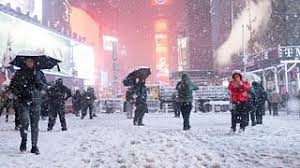
 News1 week ago
News1 week agoMore than 5,000 flights cancelled as major snow storm blasts US north-east
-

 News1 week ago
News1 week agoTrump’s Global Tariff Rollout Begins at 10% Amid Policy Adjustments
-

 Entertainment1 week ago
Entertainment1 week agoRobert Carradine, dies aged 71
-

 News1 week ago
News1 week agoLouvre Director Steps Down Following Jewel Heist and Security Review
-

 News5 days ago
News5 days agoTram derails in Milan, leaving one dead and dozens injured
-

 Sports1 week ago
Sports1 week agoMan Utd ruled out signing Osimhen ‘because of Afcon’
-

 Sports1 week ago
Sports1 week agoJoshua crash driver case adjourned to March



